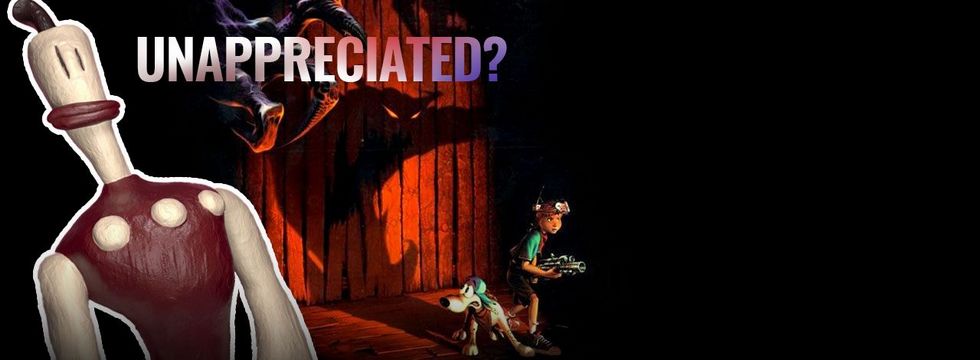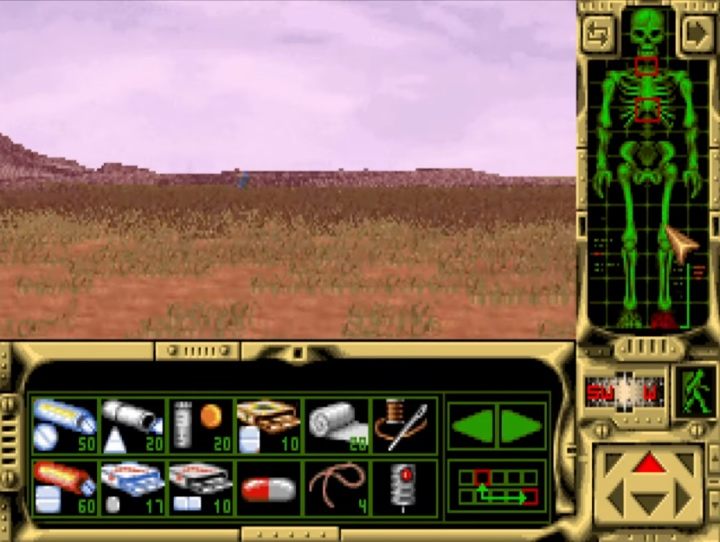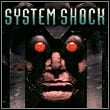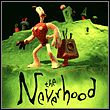Robinson's Requiem. Most underrated, groundbreaking games of the 90s

- The Most Underrated (Though Genre-Defining) Games of The 90s
- Robinson's Requiem
- Trespasser
- The Terminator: Future Shock
- Master of Magic
- Shogo: Mobile Armor Division
- System Shock and Marathon
- Heart of Darkness
- BioForge
- The Dig
Robinson's Requiem

- Release date: May 30, 1994
- Producer: Silmarils
- Genre: survival
You make an emergency landing on an alien planet, in an unfamiliar environment, and your task is... to survive in the hazardous conditions. It sounds like any other survival available on Steam today, but in 1994, the gaming community was just not ready for this kind of aberration. The story of Robinson's Requiem begins in quite an interesting way. As a member of a special unit, Robinson, we participate in initial exploration of potentially hospitable planets in 2163. The organization decides that our hero can not return to Earth due to the threat of bringing a dangerous disease, while our ship, as a result of sabotage, has to land on a prison-planet, Zarathustra, where all the survival elements await.
The game was painfully realistic, and because the survival genre wasn't even planned in 1994, media called it the "human simulator." Our protagonist had to drink, eat and sleep regularly. In order to be able to do that, you also had to find shelter, gather resources, craft items, and hunt. In addition, there were diseases, infections, the need for medical treatment, surgery (including amputation). If your Robinson was unfortunate enough to loose an eye, for example, their field of view changed quite dramatically. This essentially means the game is the survival genre's progenitor, and it brought such novelties as first-person perspective, and smooth camera rotation.
Unfortunately, the overall experience was a bit too shocking for players back then. Robinson's Requiem was considered an overly complicated and too difficult a game, with mechanics that deliberately made the gameplay more difficult. Instead of fast-paced action, you had to keep an eye on the parameters in a maze of different numbers and tables, and although the graphics were rather ugly, the game posed huge hardware requirements. Reviewers of the PC version found the gameplay frustrating and intimidating. Only a few appreciated the originality of this production and its non-linearity, emphasizing how much different experience it offers compared to other titles. Today, such games sell millions of copies – back then, it was a failure.



